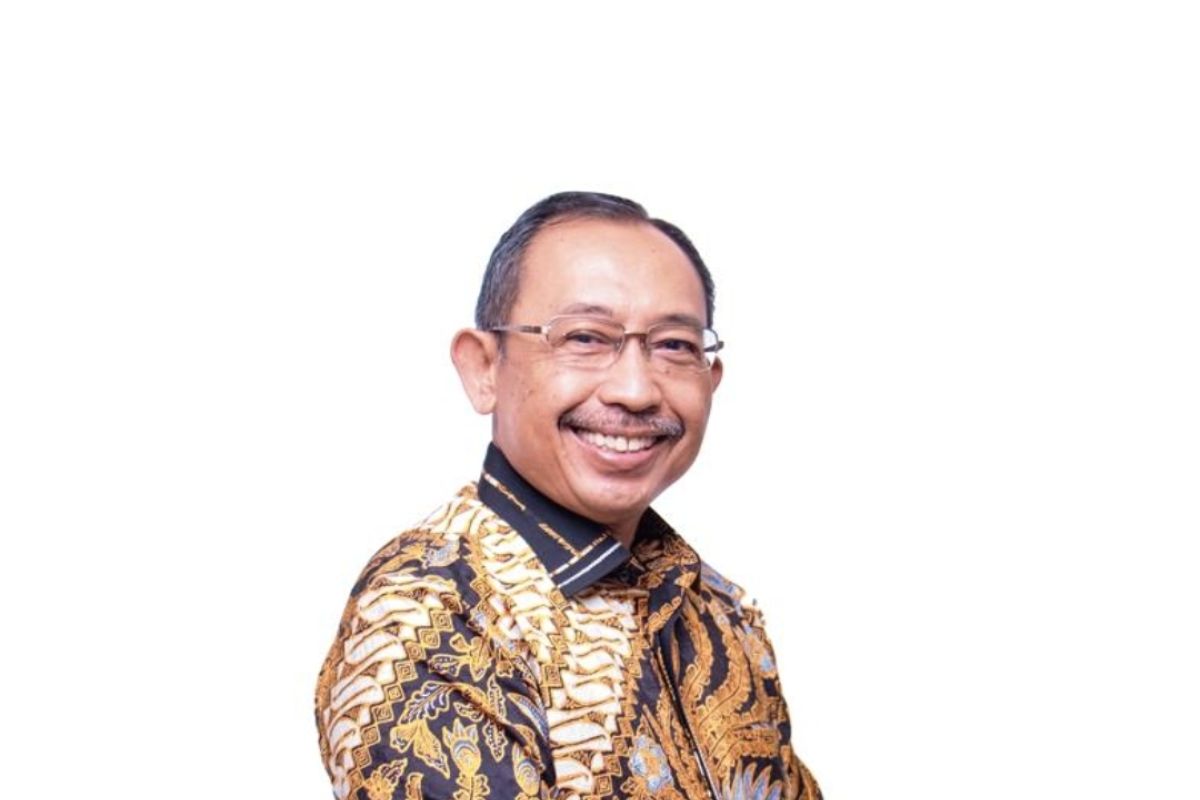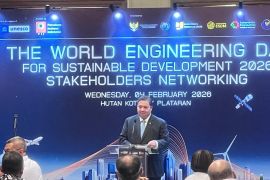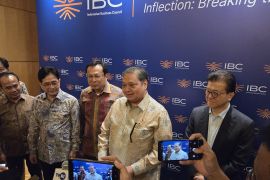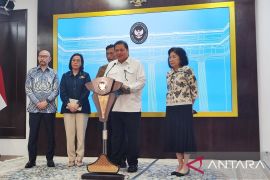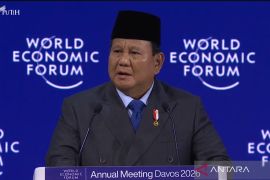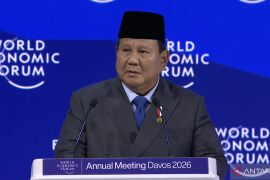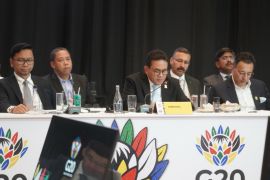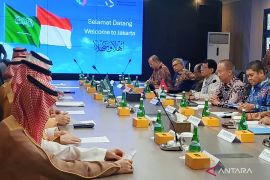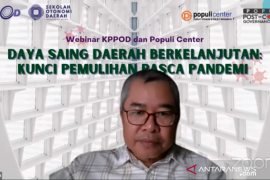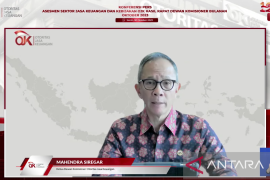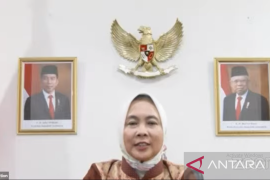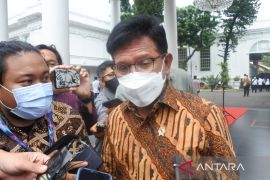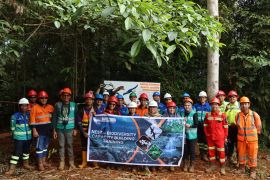The program focuses on the fabric industry and aims for 13 companies to participate, with the budget totaling Rp4.7 billion this year, the ministry's Acting Director General of Chemical, Pharmacy, and Textile Industry (IKFT), Ignatius Warsito, stated in a statement here on Wednesday.
The machine restructurization program is expected to drive companies to use more modern, efficient, and eco-friendly machines and/or equipment so as to improve the level of competitiveness in accordance with the "Making Indonesia 4.0" road map.
"The program is once again being implemented after previously in 2021 and 2022, as many as 23 companies had benefited from it. The program has vindicated itself to be capable of improving products' productivity, efficiency, and quality," Warsito said.
The TPT industry's performance in 2022 still managed to show good result amid the pressure of the global crisis. The export value of the textile industry hit US$13.83 million, with a total of 3.65 million people employed in the industry.
"In terms of the GDP (gross domestic product), the TPT industry grew 9.34 percent and contributed as much as 1.03 percent to the national GDP," he stated.
The budget will be used to provide reimbursement of price discounts of 10 percent of the total investment in machinery and equipment originating from imports or 25 percent for those produced domestically.
Companies are able to apply starting from March 24 to June 30 in accordance with IKFT's Rule No. 11 of 2023 regarding the Implementation of Machine Restructurization Program and Equipment of Fabric Industry.
The applications can be submitted via each company's SIINas account. The submission period might be extended if necessary.
The machinery or equipment to be included in the program should meet the purchasing installation period between June 1, 2022, and June 30, 2023. They should have been installed at the location according to their industrial permit and should be proven by purchasing and payment documents as well as the results of field visits.
Warsito remarked that some other policies have been implemented well by the government by offering both fiscal and non-fiscal incentives in order to maintain the TPT industry's performance.
The policies include the improvement of commodity balances and raw material supply chains, implementation of the so-called industry 4.0, Specific Natural Gas Price (HGBT), import control and imposition of trade remedies on the TPT industry, Domestic Product Use Program (P3DN), and enhancement of human resources' competency through the "link and match" vocational program.
"The TPT industry is expected to optimally take benefits from the program in order to improve productivity, efficiency, and quality of its products which in turn will help in improving the quality of the companies and textile industry in general," Warsito concluded.
Related news: Ready to provide 135,000 workers to textile industry: ministry
Related news: Expect to reach US$14-billion target for textile exports: minister
Related news: Ministry lauds textile industry's survival amid pandemic
Translator: Tegar Nurfitra
Editor: Sri Haryati
Copyright © ANTARA 2023
